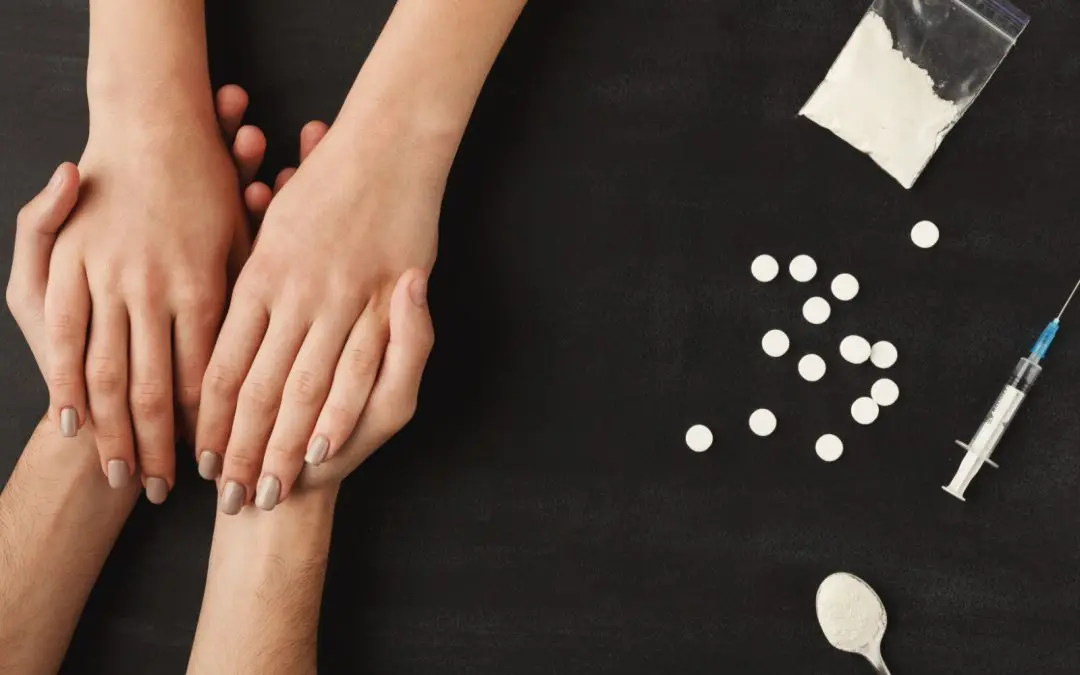24/7 Helpline:
(866) 899-111424/7 Helpline:
(866) 899-1114
Learn more about Bipolar Disorder Treatment centers in Dewey
Bipolar Disorder Treatment in Other Cities

Grand Lake Mental Health Center
Grand Lake Mental Health Center is a private rehab located in Bartlesville, Oklahoma. Grand Lake Men...

Youth and Family Services of Washington County
Youth and Family Services of Washington County is a non-profit rehab located in Bartlesville, Oklaho...










































Jane Phillips Medical Center – Behavioral Health
Jane Phillips Medical Center – Behavioral Health is a drug and alcohol rehab located in Bartlesville...






































Other Insurance Options

Humana

Ambetter

Regence

Meritain

UMR

American Behavioral

Private insurance

Access to Recovery (ATR) Voucher

Oxford

Covered California

Providence

AllWell

Group Health Incorporated

Health Net

Sliding scale payment assistance

EmblemHealth

Optima

UnitedHealth Group

Carleon

Cigna